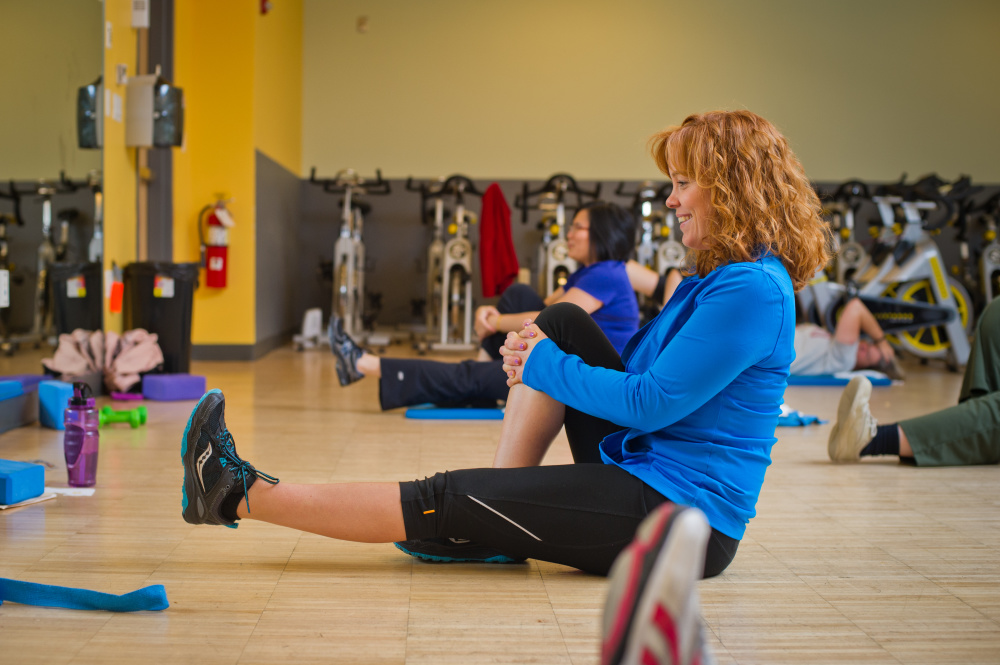For many brain tumor patients, surgery is an important step in the treatment process. While recovering from brain surgery can be a difficult process, your care team will help support you through treatment and guide you through the recovery process.
Once a patient is cleared by their care team for walking after brain surgery, light exercise can be a good way to help promote wellness and counteract treatment side effects – the “single best thing you can do,” stresses Dana-Farber exercise physiologist Nancy Campbell, MS.

Campbell offers some suggestions for brain tumor patients who want to develop an exercise plan after brain surgery:
Try different methods to develop a routine.
Start out by taking several short walks throughout the day. Each time you go out, try to slowly increase your endurance. If your first walks are around the block, the next week try making two laps.
Finding a buddy who can motivate you and hold you accountable can be helpful too. Ask a friend or family member to accompany you on walks, or check in with them each time you head out. “Exercise partners can be motivating on days when you’re not feeling great,” Campbell says.
Find balance.
Fatigue is a common symptom for cancer patients, but regular exercise can help combat feeling tired. Walking can also improve other treatment symptoms, such as nausea or anxiety. But if your symptoms persist or get worse despite regular exercise, talk to a member of your care team about other ways to lessen their effects on your life.
Look for ways to stay motivated.
Setting weekly or monthly goals to work towards can help keep you on track, as can technology. Step counter applications and wearable devices are easy ways to track your progress and see tangible improvements in your exercise routine.
Remember that different strategies work better for different personalities. While some people prefer technology and smartphone applications, others might work better with a written calendar or planner. Use trial and error to find what plan works best for you.
Learn more about brain tumor treatment and patient support at Dana-Farber.
